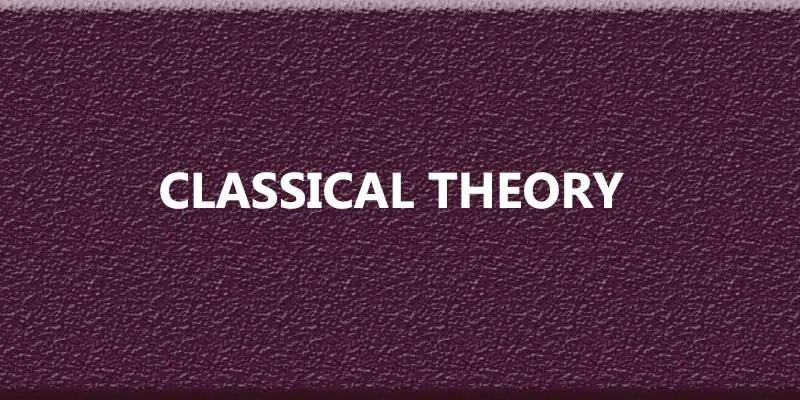Significance and criticisms of Classical Theory.

Classical administrative theory stands out prominently in the literature on administration even today. No textbook on Administration is complete without a discussion of the principles of organization.
The simple truths underlying the propositions stated as principles by the classical thinkers cannot be denied. Although they do not represent all the aspects of administration, there is a common element between the classical theorists and the works of several contemporary writers on administration.
The commonness of approach relates to an interest in the structure, administrative economy and efficiency, settlement of conflict, delegation of authority, decentralization, etc. This classical theory made significant contribution to the development of organization theories.
Major Criticism Against the Classical Theory.
Principles of organization of Gulick and Urwick were subjected to severe criticisms. Universal validity appears to be absent in this theory. At best they were action recommendations, not scientific, there is contradiction between the principle of specialization and the principle of unity a command. Another contradictory situation relates to the principle of span of control.
One principle asserts that administrative efficiency is increased by keeping the levels of organization to the minimum. But when levels are thus reduced the span of control increases resulting in the violation of another important principle.
Also read | Concept of Anonymity.
Perhaps the most critical failure is its incapacity to confront theory with evidence. It is also criticized for its neglect of the human element in organization. It is this critical failure that gave rise to human relations movement.
Also Read
- How Education is considered as a Purposive Process
- Concept of Anonymity.
- Distinguish between Interview and Conversation





